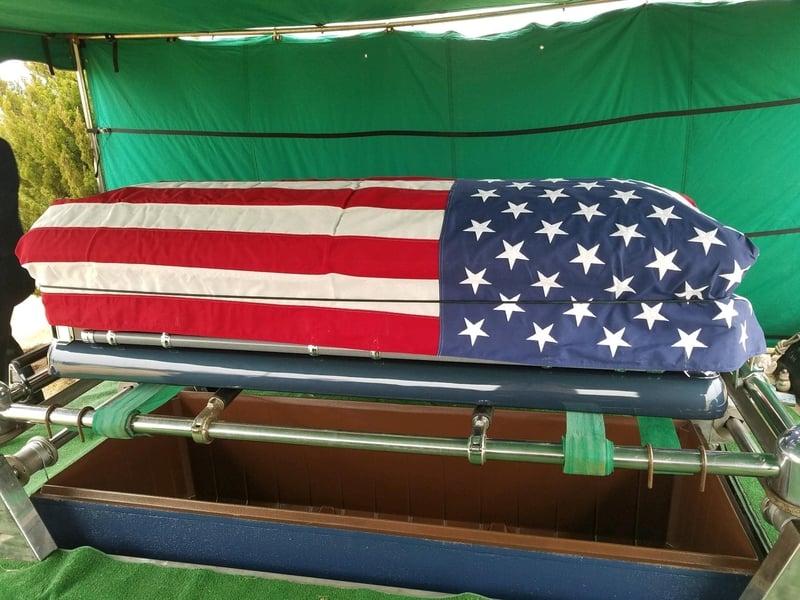Newark, NJ – Last night, two Newark police officers were gunned down in the line of duty, one dead, one critical, allegedly by a 14-year-old shooter, in a chilling incident that has left the city reeling and reignited fierce debate over Governor Phil Murphy’s criminal justice policies.
As the governor took to X to call for prayers for the officers, their families, and all uniformed protectors, the irony wasn’t lost on those who saw this coming miles away: the same administration pleading for prayers has spent years crafting a juvenile justice system that prioritizes second chances over accountability—even for violent offenders. He has spent years vilifying police, exposing cops for minor infractions, yet shielding young hoodlums from facing justice.
From car thefts to violent crimes, Murphy has given youth offenders a blank check to behave badly and now a cop is dead. Another is critical.
Details of the shooting remain scarce as the situation unfolds, but early reports point to a teenage gunman, a stark symbol of a growing concern in New Jersey: youthful offenders emboldened by a system that seems more intent on hugging than handcuffing.
A system that is focused more on handcuffing cops, not criminals.
Governor Murphy’s response—a somber plea for prayers—feels hollow to those who’ve watched his “Second Chance Agenda” dismantle traditional deterrence in favor of leniency.
Since taking office, Murphy has made juvenile justice reform a cornerstone of his progressive vision. In January 2020, he signed S48, a law that slashed fines for juvenile offenders, curbed incarceration, and made post-release supervision optional. Hailed as a step toward a “more humane” system, Murphy declared it a chance for “New Jersey’s youth to get the second chance they deserve.”
But what about the victims? What about the officer now fighting for his life? What about the officer that lost his life? Where is his second chance?
The reforms didn’t stop there. In June 2020, S2511 further softened the state’s stance, rescinding delinquency fines and pushing to shrink juvenile detention numbers.
By August 2021, Murphy rolled out an $8.4 million pilot program, “Restorative and Transformative Justice for Youths and Communities,” aimed at reintegrating offenders rather than locking them up. Under these policies, police are encouraged to issue “curbside warnings”—little more than a slap on the wrist—for juvenile offenses, while detention is reserved for only the “most serious” cases. A 14-year-old shooting two cops?
Apparently, the system wasn’t built to stop that.
Murphy’s defenders argue this is about breaking the “school-to-prison pipeline” and addressing racial disparities—a noble goal, perhaps. But the reality on the streets tells a different story. From the Jersey Shore, where teen mobs have run rampant with little consequence, to Newark’s latest tragedy, the lack of accountability is glaring.
When a juvenile can pick up a gun, fire on officers, and know the system bends over backwards to avoid punishment, what message does that send?
This isn’t just about juveniles, either. Murphy’s broader “soft on crime” ethos shines through in laws like the 2019 restoration of voting rights for probationers and parolees, or expanded expungement options—moves framed as redemption but criticized as reckless. His mantra, “everyone deserves a second chance,” rings hollow when those chances come at the expense of public safety.
The Newark shooting isn’t an isolated incident—it’s a flashing red warning.
A 14-year-old gunman doesn’t emerge in a vacuum; he’s a product of an environment where consequences are negotiable, and rehabilitation trumps retribution. Murphy’s policies may look compassionate on paper, but they’re proving deadly in practice. As two officers cling to hope and a city mourns, it’s time to ask: how many second chances do violent offenders get before we prioritize the first chance at safety for everyone else?
Governor Murphy can pray all he wants, but New Jersey deserves more than thoughts—it deserves action. Accountability isn’t cruelty; it’s justice. And right now, justice feels in short supply.
Jeff, Old Bridge – Retired

